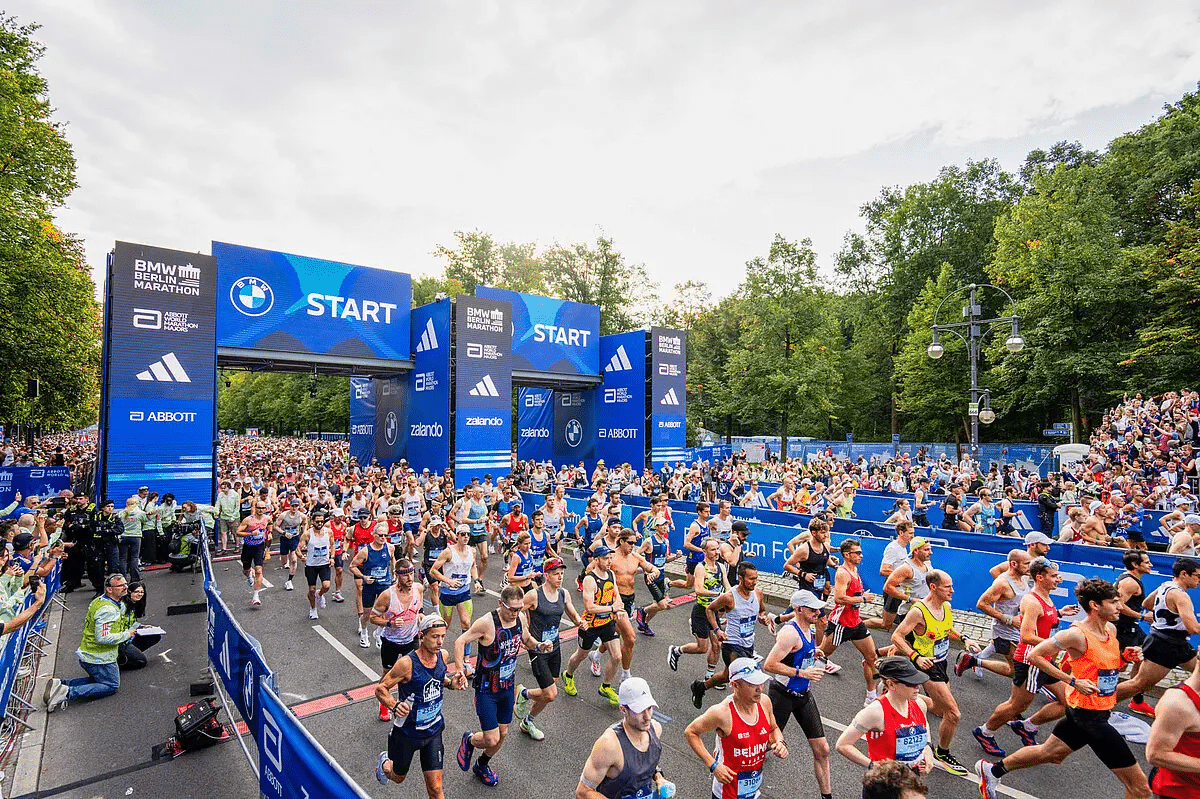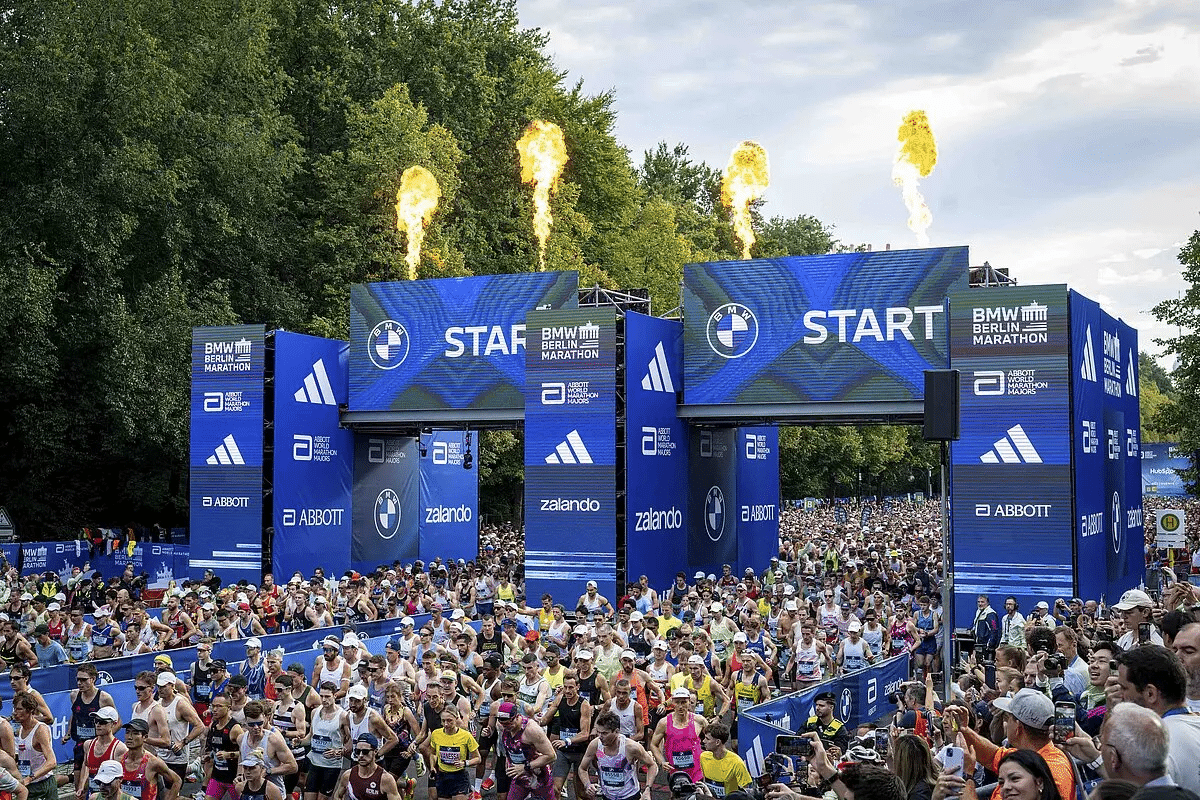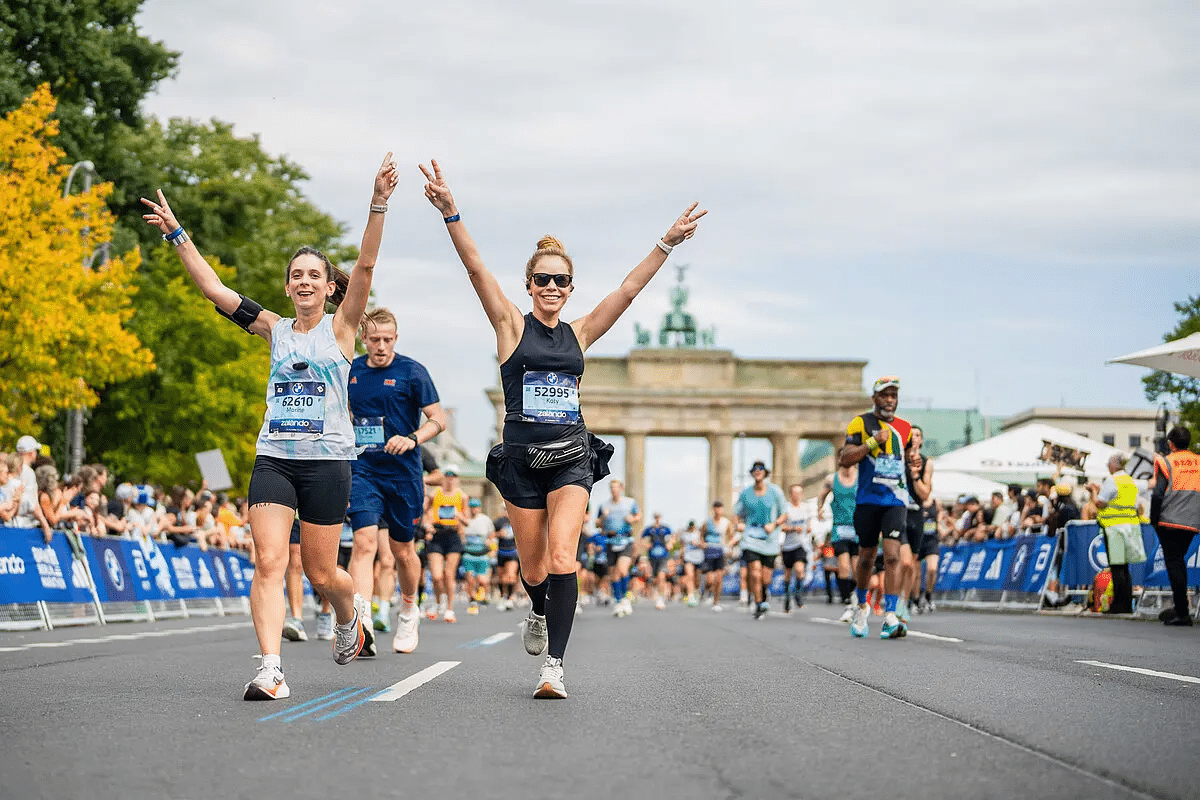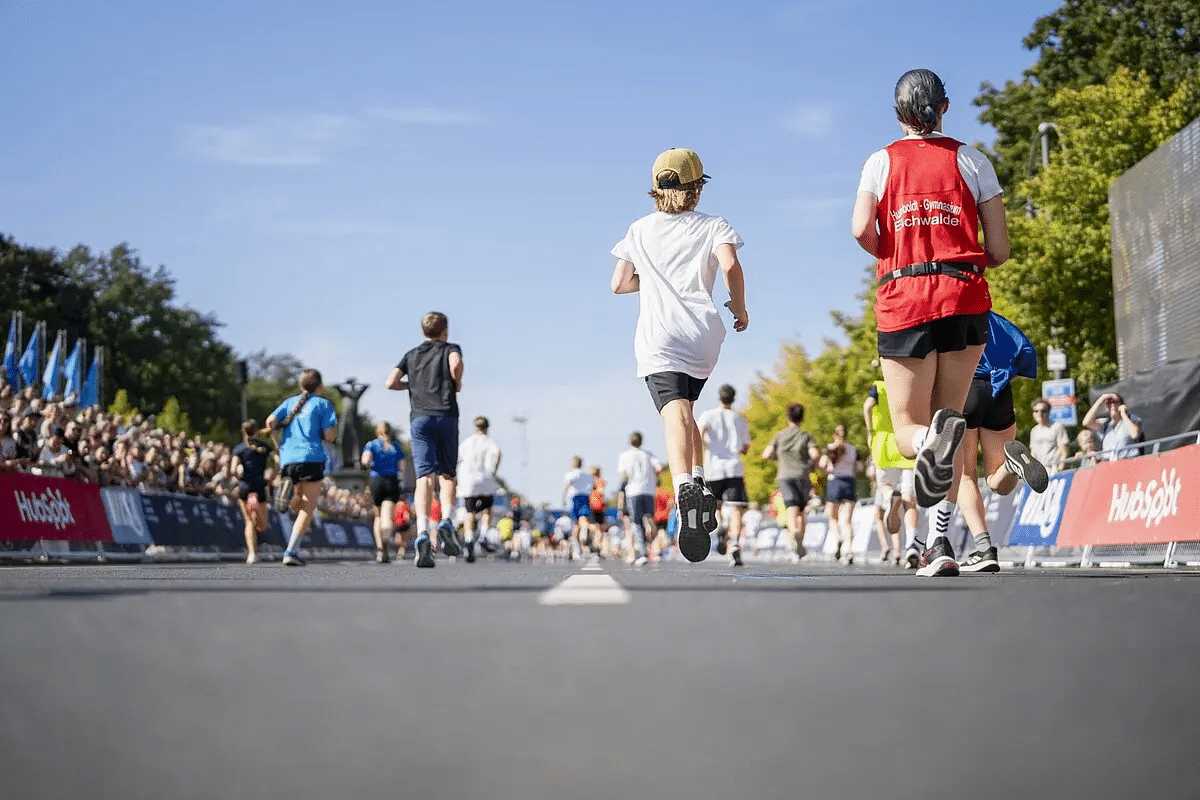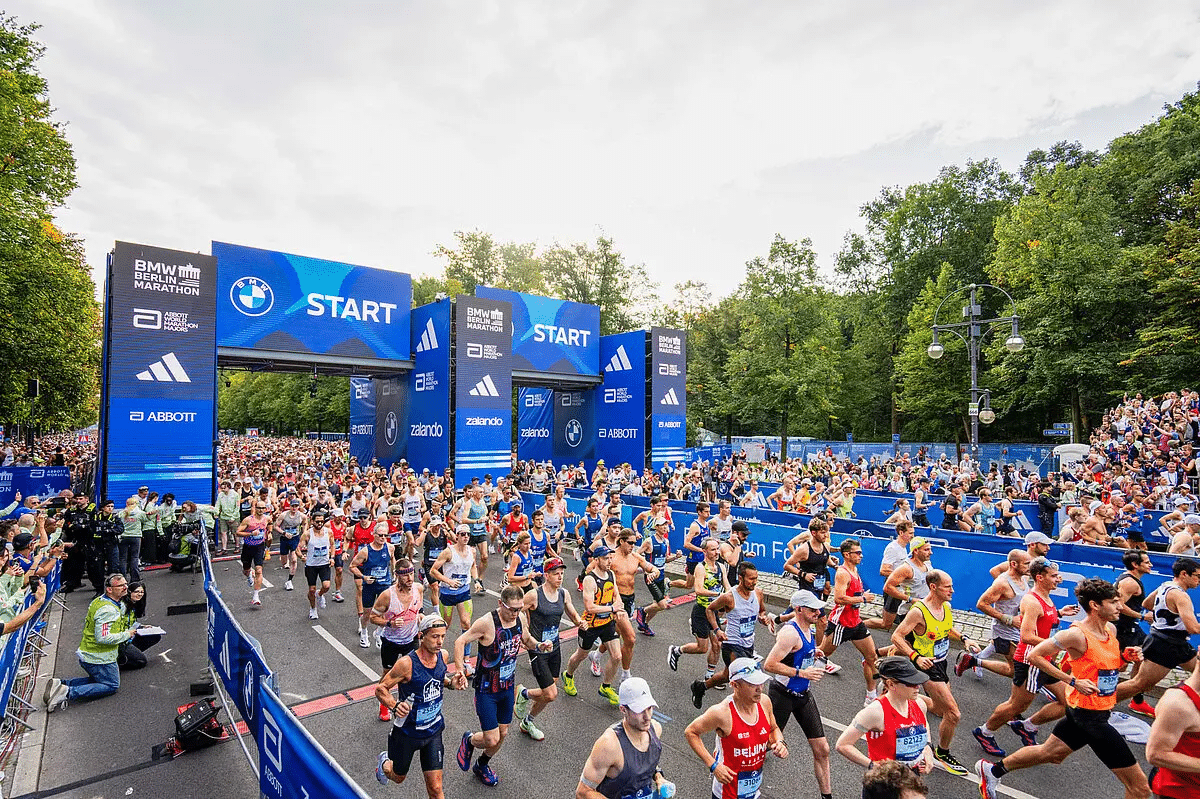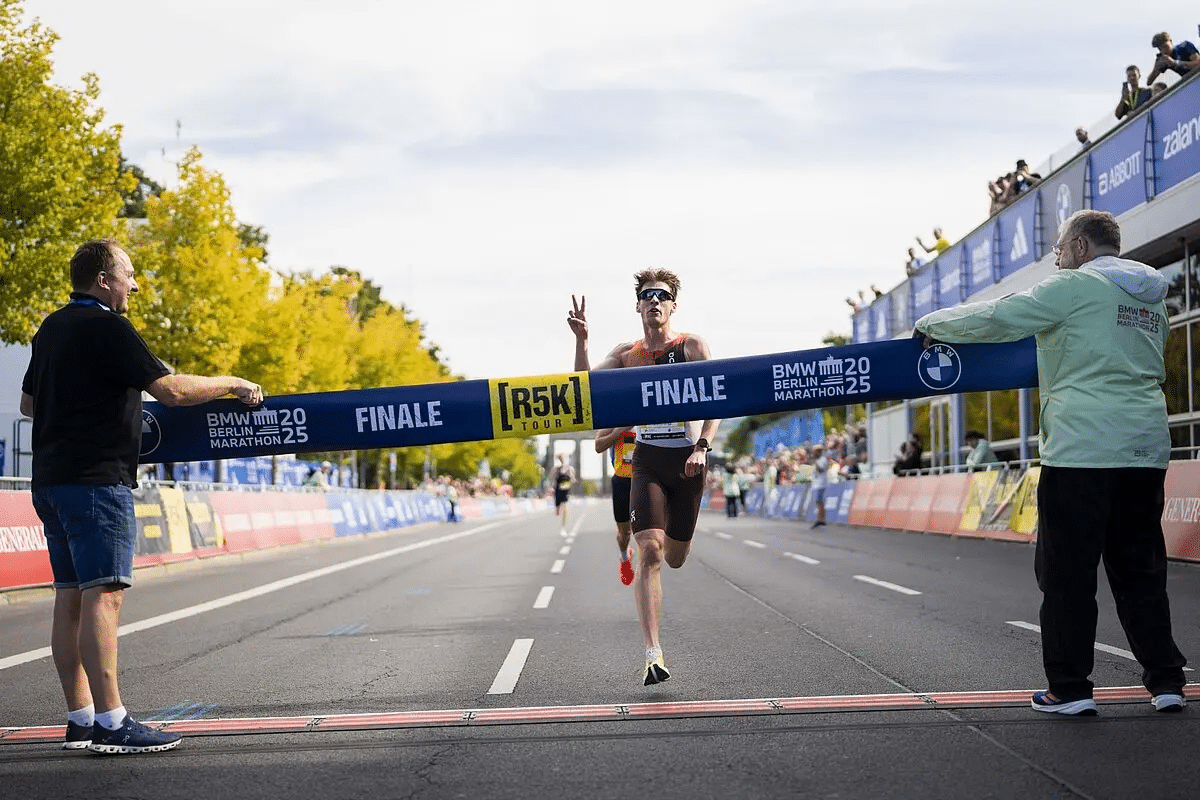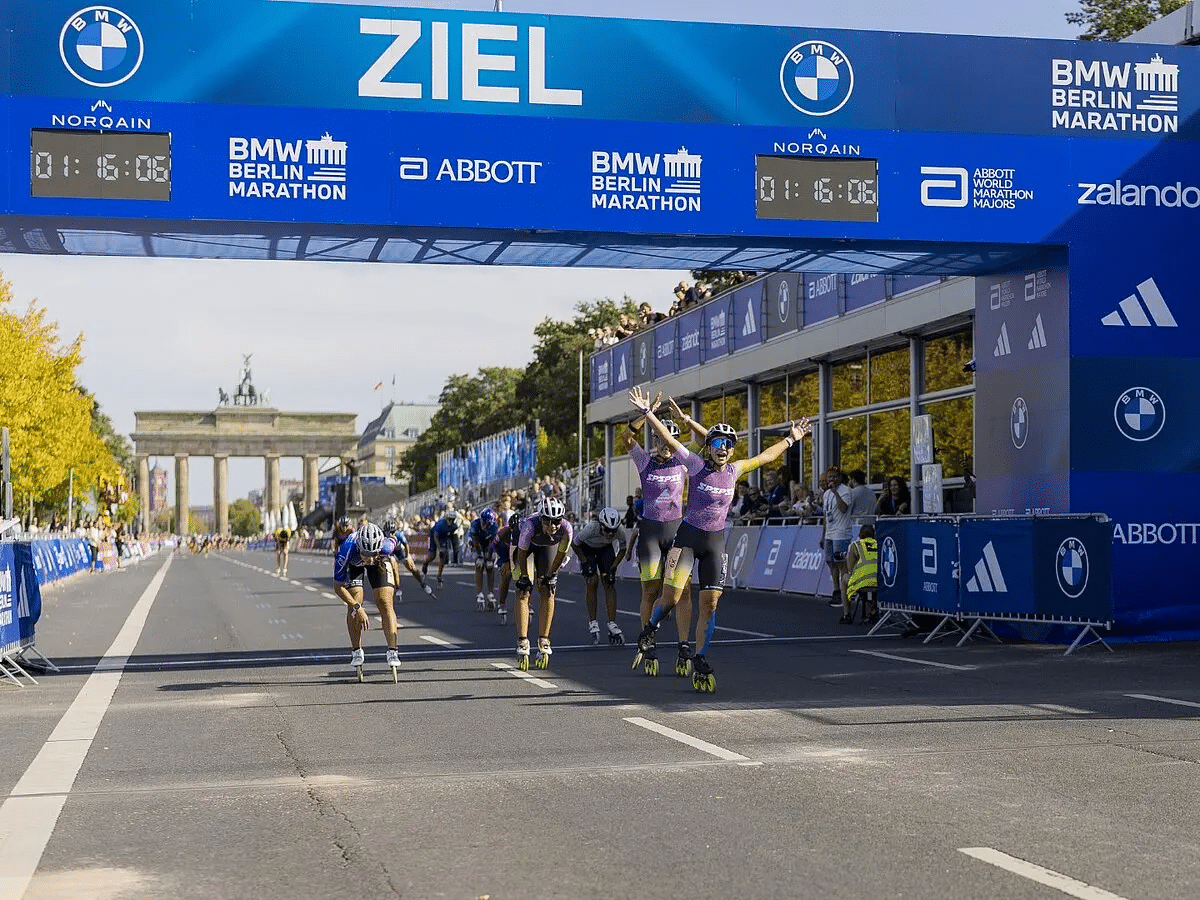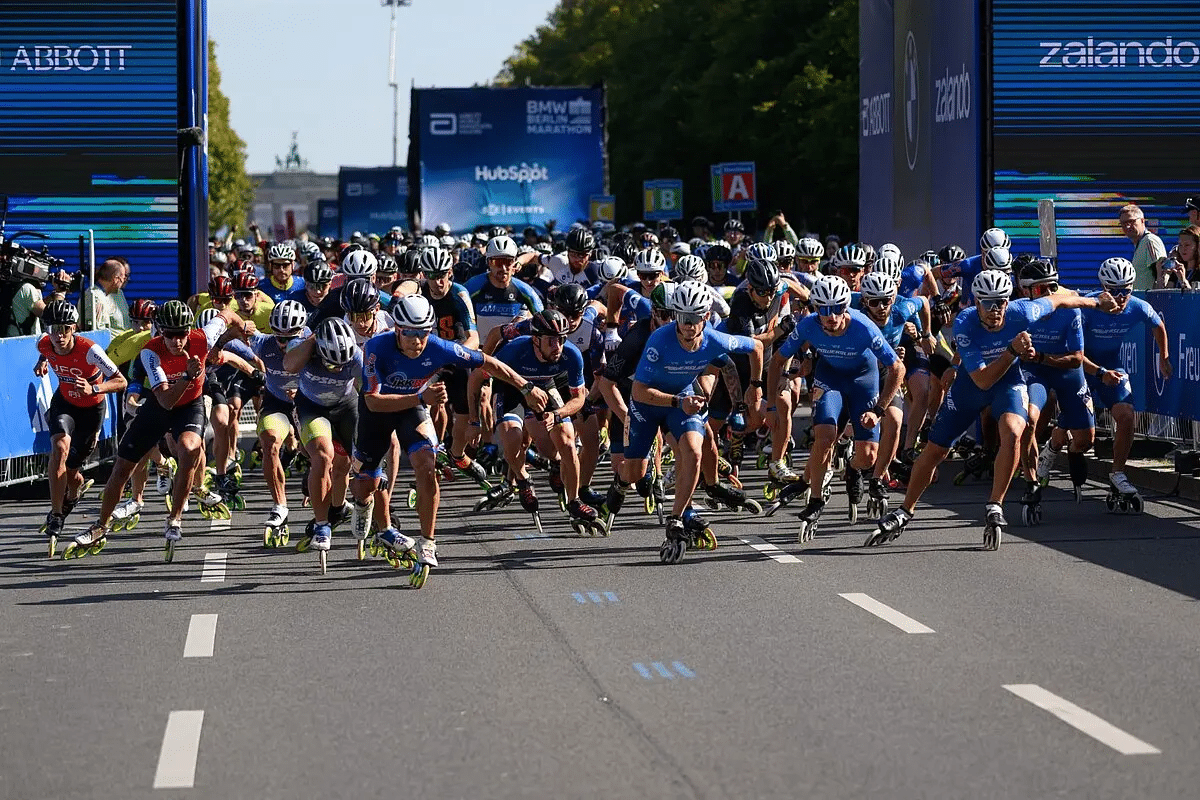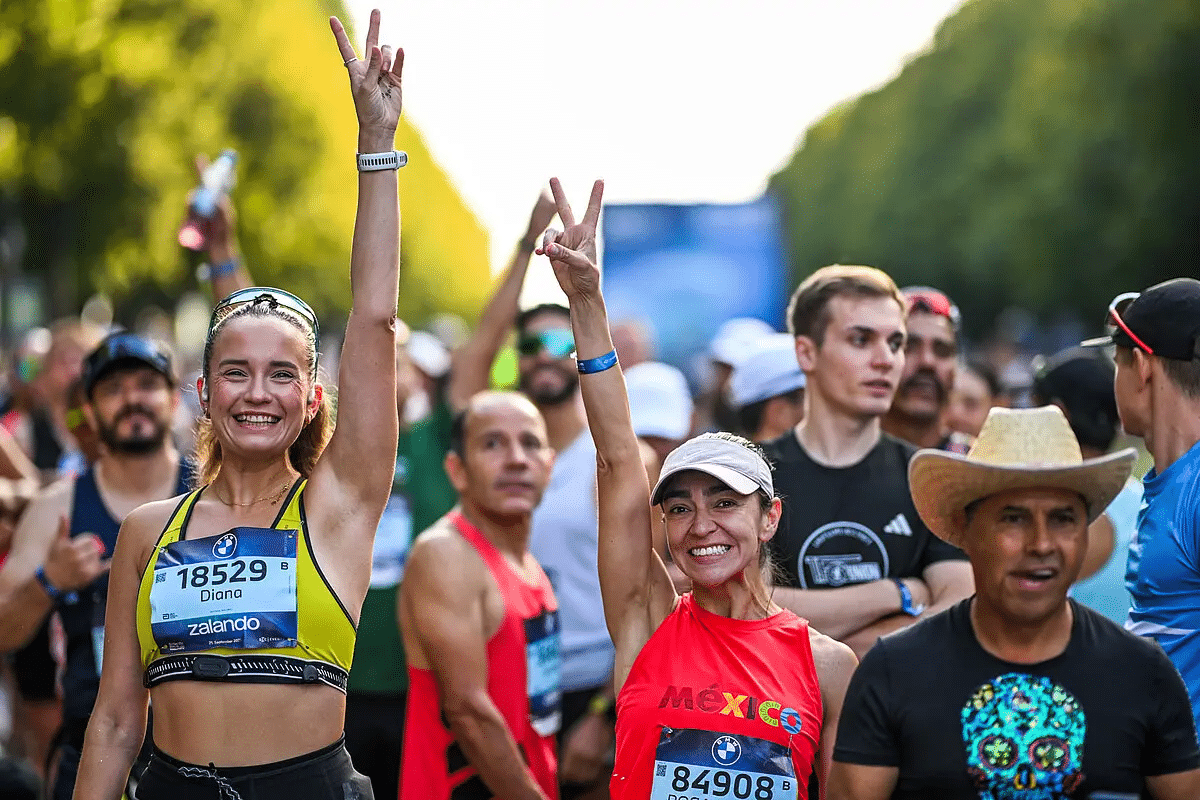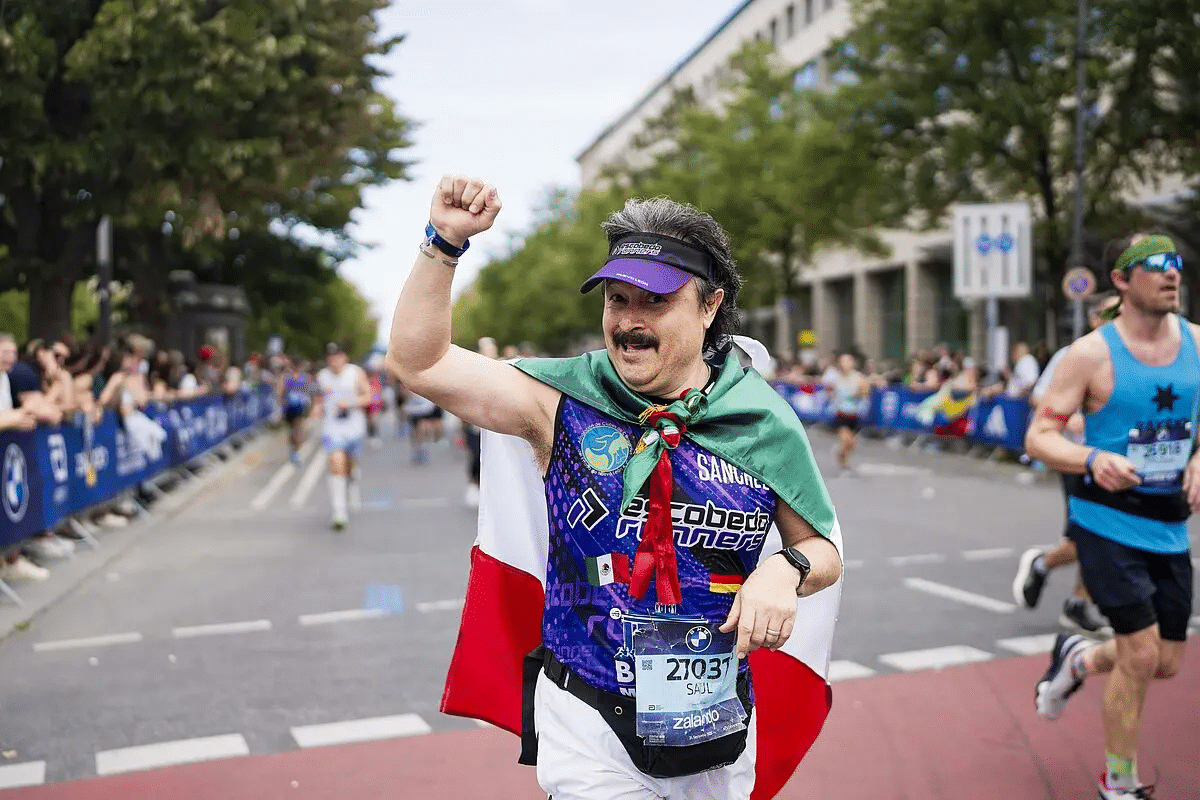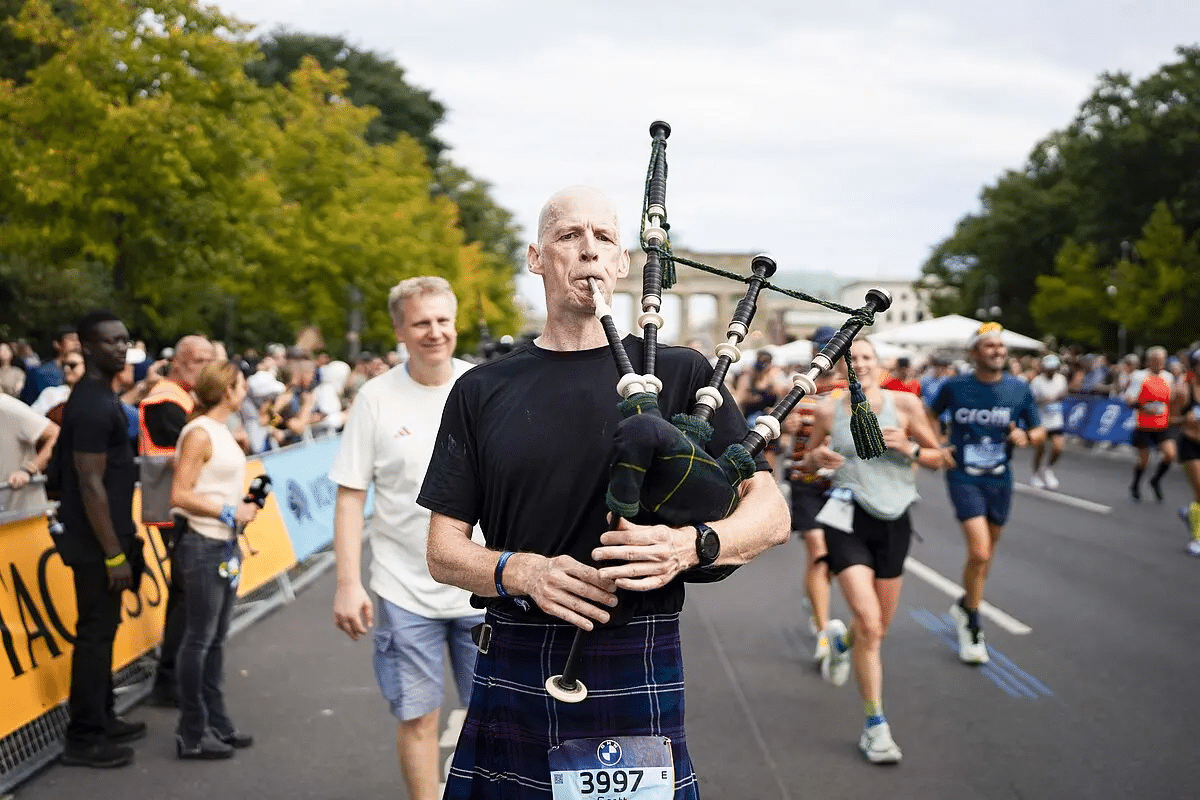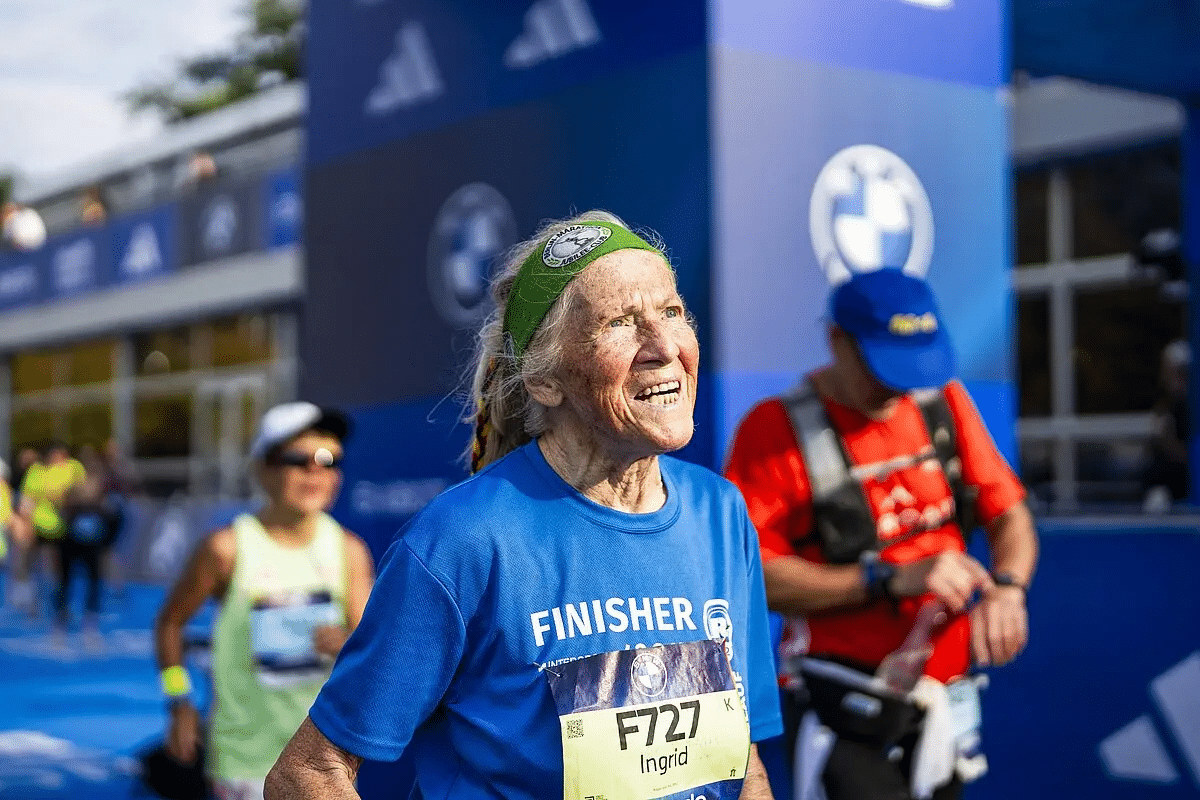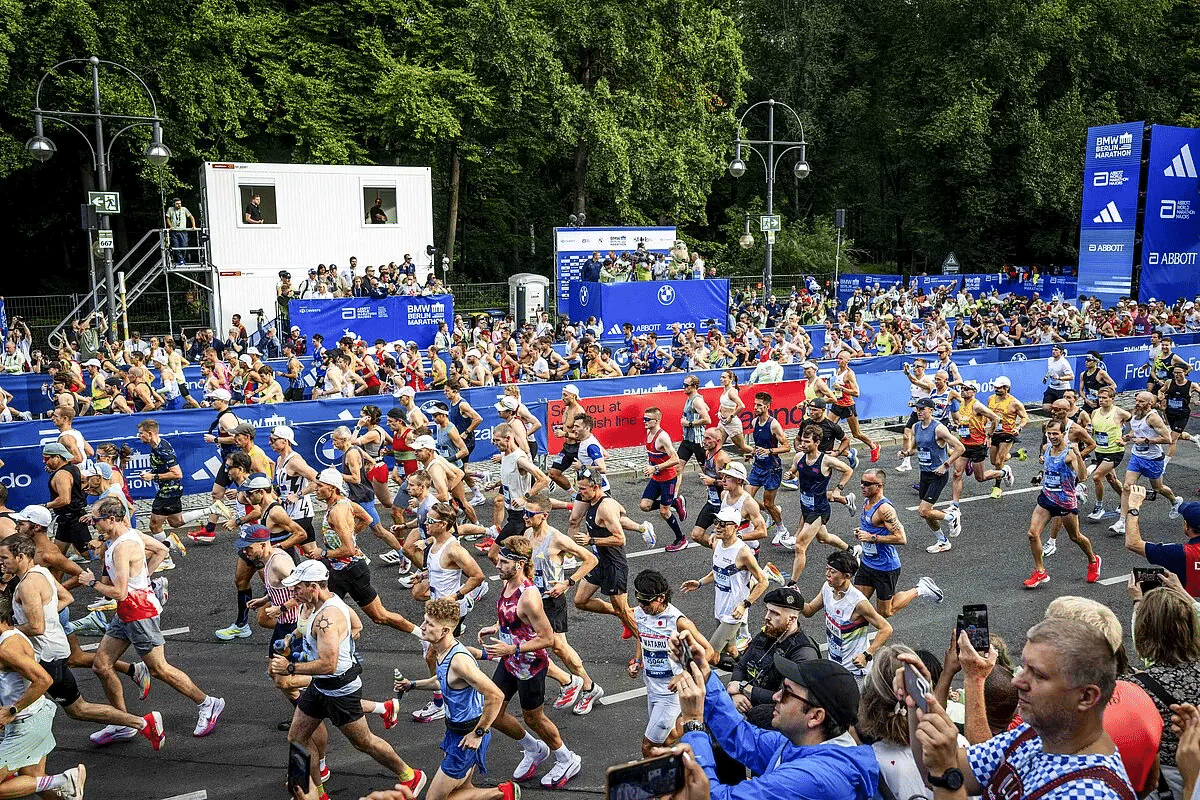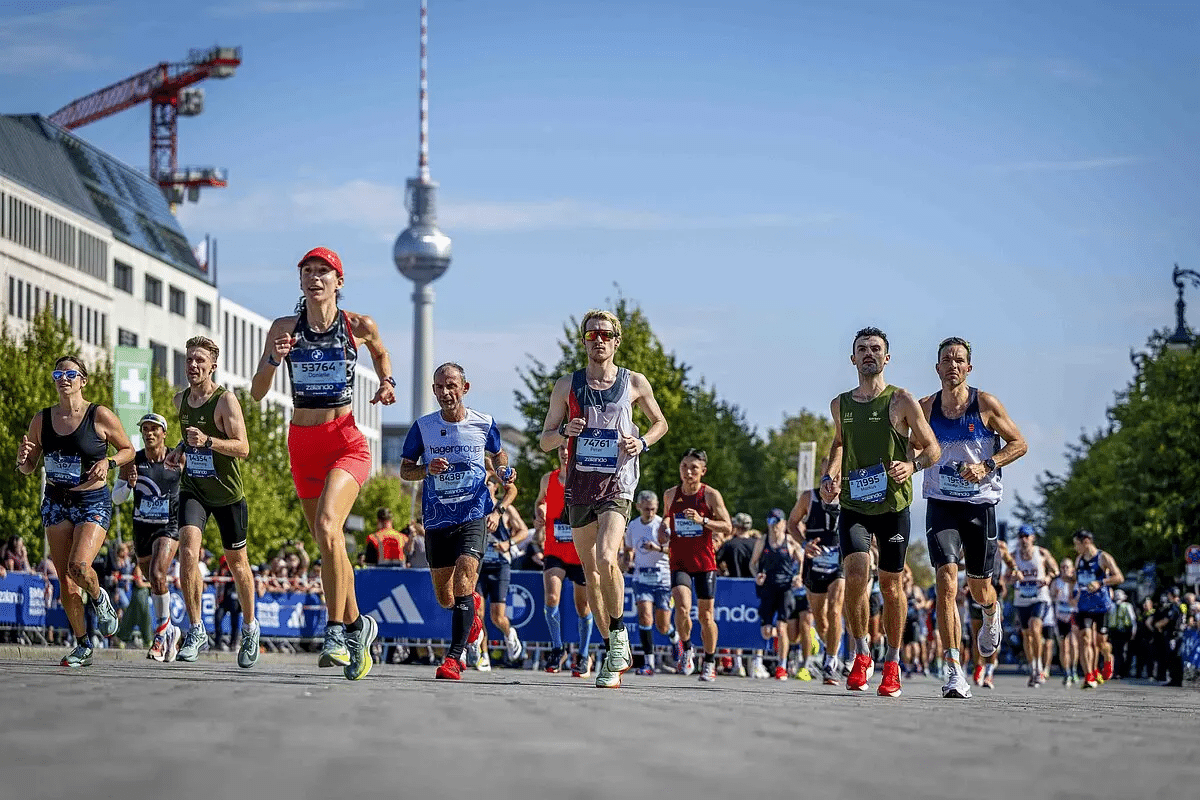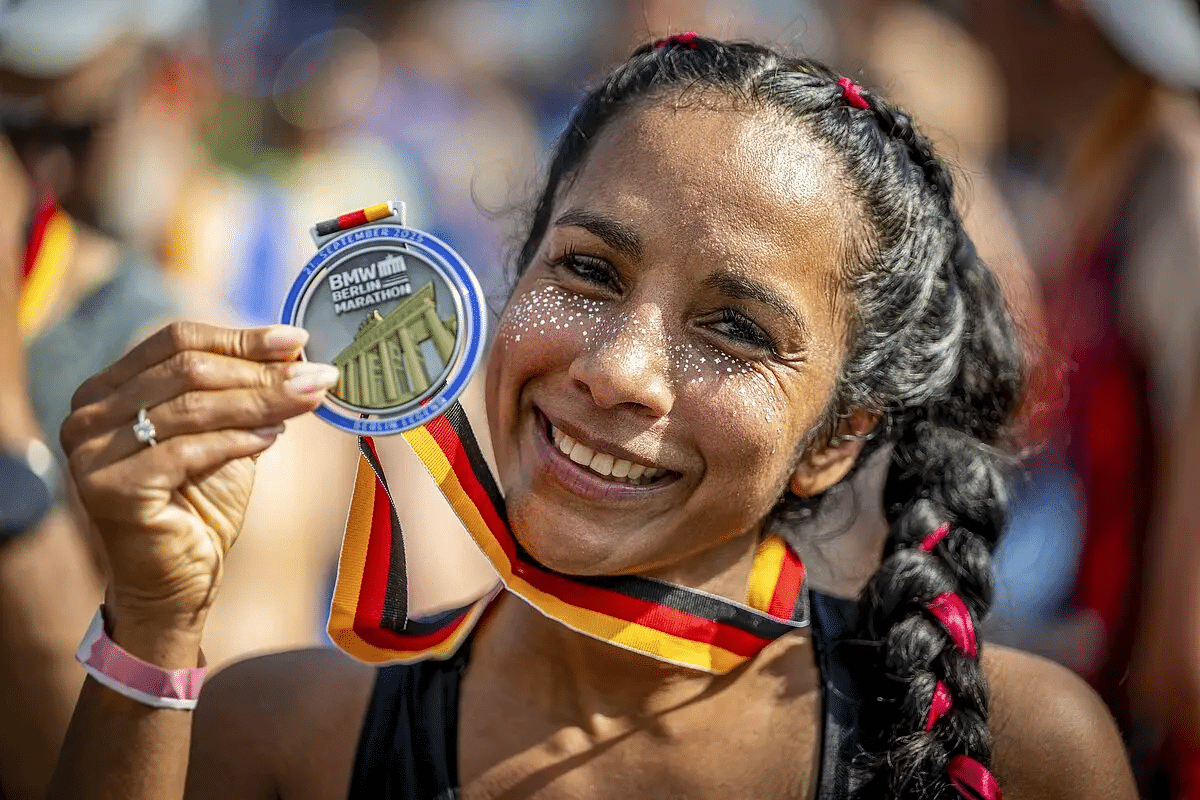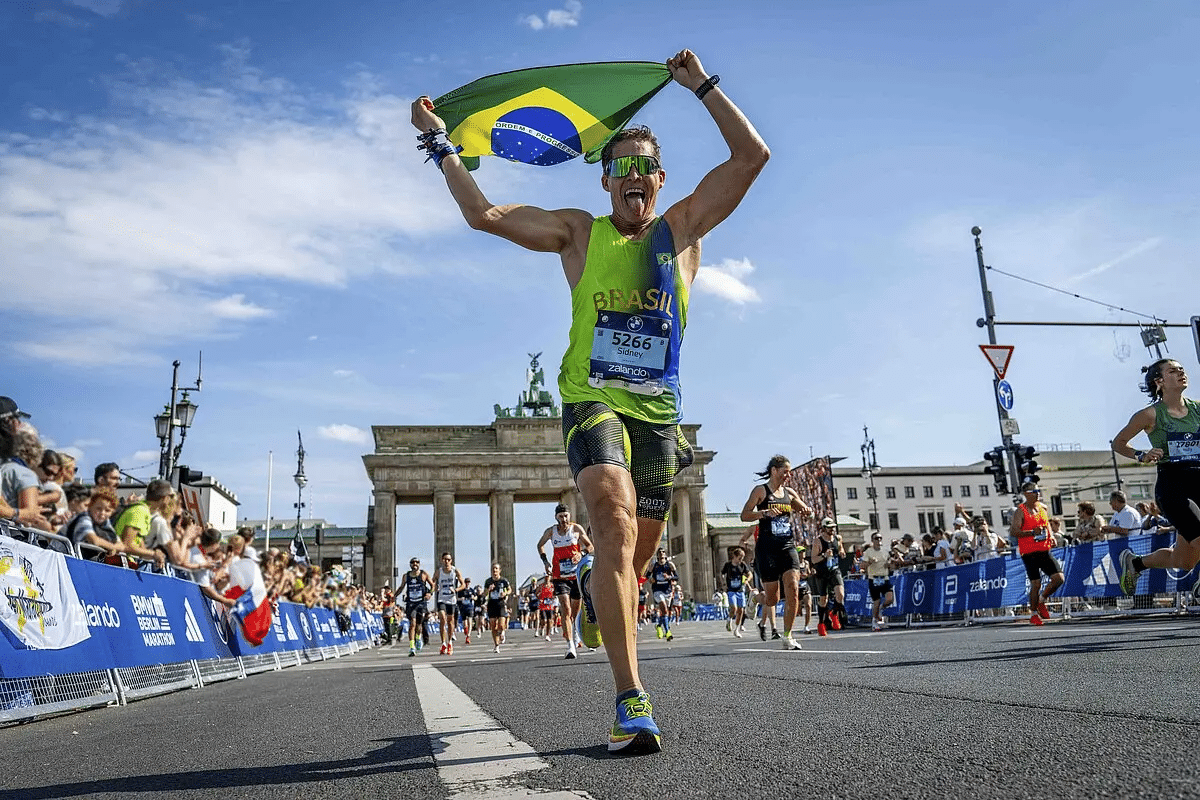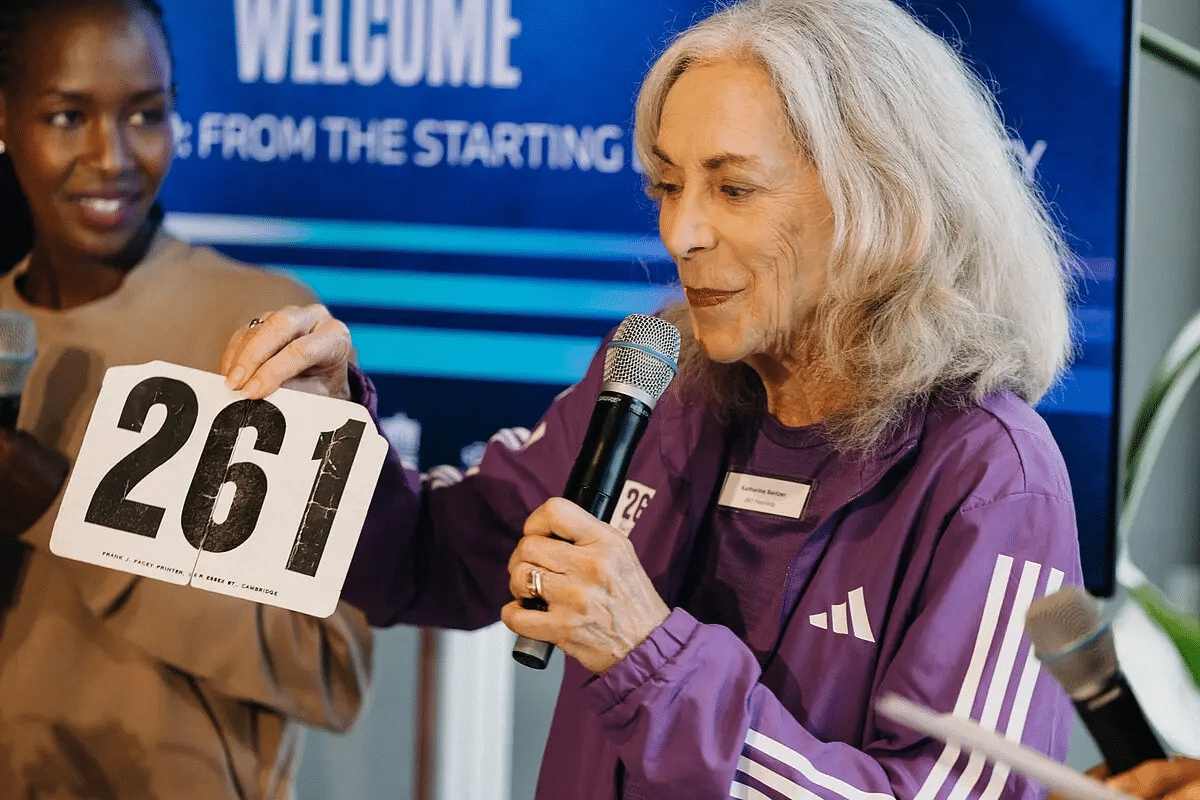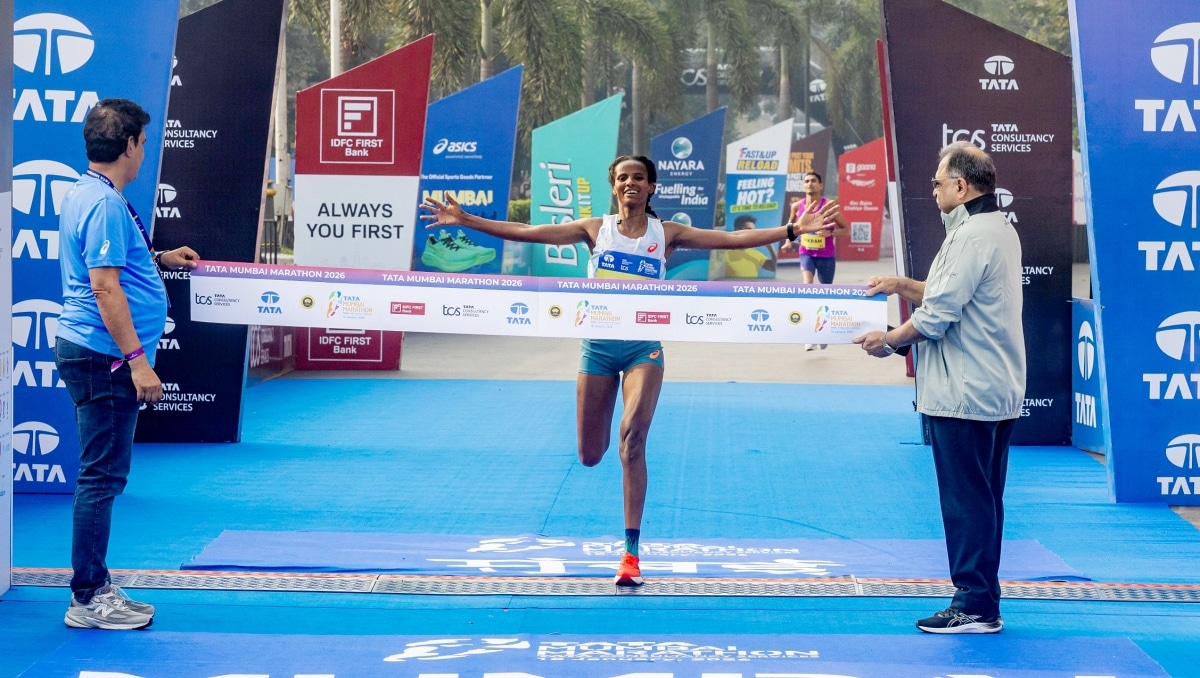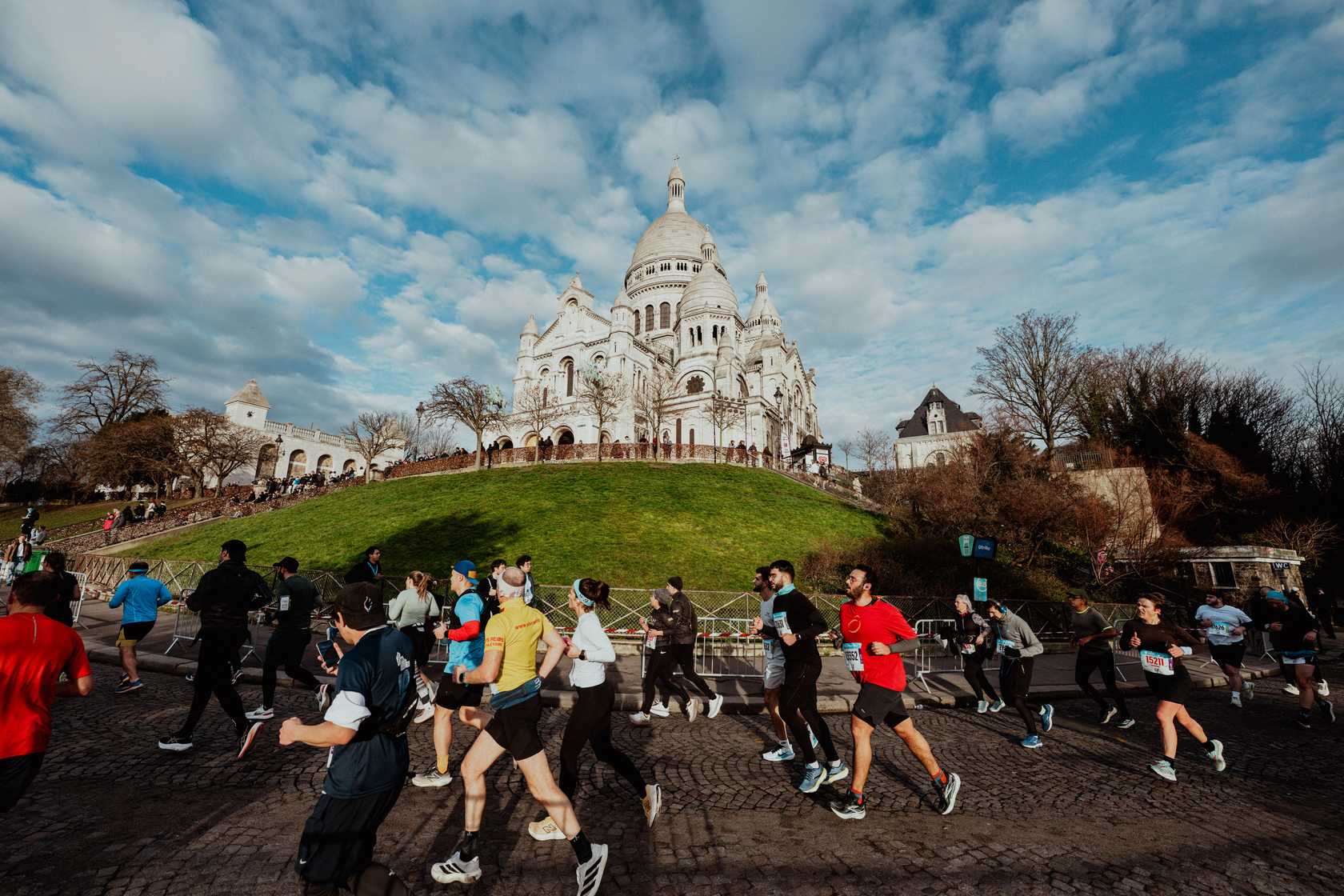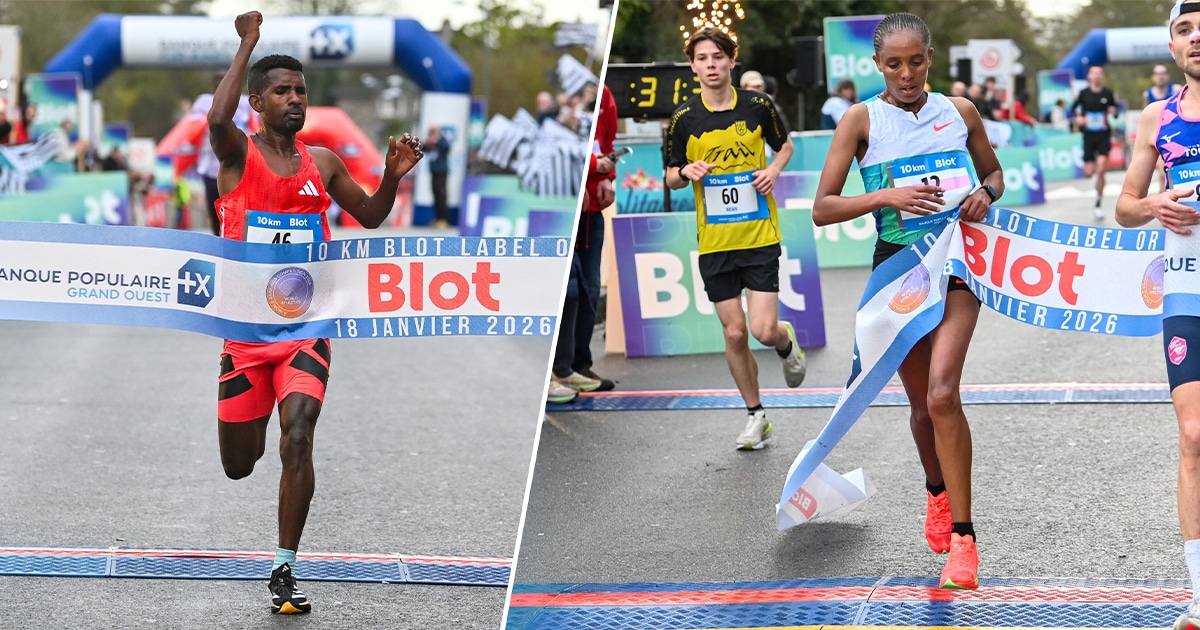Berlin Marathon 2025: The Key Numbers Behind a Historic Edition
A few days after the finish line, the legs have recovered—but the numbers are still running through every conversation. On September 21, 2025, the Berlin Marathon once again made history. The 51st edition was marked by unexpected heat—temperatures soaring to 27°C (80°F) at midday—that tested runners to their limits. Yet Berlin remains Berlin: a record-breaking machine, a world-class running festival, and one of the most anticipated races on the global marathon calendar. Here’s a breakdown, by the numbers, of an unforgettable edition.
| Elite Athletes Put on a Show
2:02:16 — Sebastian Sawe of Kenya delivered a stunning performance, clocking 2:02:16, the ninth-fastest marathon time ever recorded, and the fastest ever achieved in such heat.
He started at blistering pace—28:26 at 10K, 1:00:16 at the halfway mark—flirting briefly with both the world record and the mythical sub-2-hour barrier. But with his pacers dropping out early and the rising temperatures taking their toll, Sawe slowed in the latter stages.
No record this time—but an impressive win and a new unofficial title: “the hot-weather record man.”
2:02:28 — Berlin reaffirms its status as the world’s fastest marathon. The average time of the 10 fastest marathons ever run on its course now stands at 2:02:28, the quickest average on the planet.
1 runner — Only one athlete managed to finish under 2:05 this year (compared to five last year).
2:07:36 — The average Top 10 men’s time was 2:07:36, significantly slower than 2:04:37 in 2024—clear evidence of how the heat affected performances, especially in the second half.
3 seconds — The women’s race was a nail-biter. Rosemary Wanjiru of Kenya took the win in 2:21:05, just three seconds ahead of Ethiopia’s Dera Dida (2:21:08)—the closest women’s finish ever in Berlin.
German runner Fabienne Königstein thrilled the home crowd, clocking a brilliant 2:22:17, smashing her personal best by over three minutes and moving up to third all-time among German marathoners.
| French Standouts: Hassan Chahdi and Joseph Fritsch
6th place — France’s Hassan Chahdi delivered another masterful performance, finishing sixth in 2:07:43. True to form, the AL Voiron runner executed a perfectly paced negative split (1:03:59 / 1:03:44).
57:53 — And Berlin isn’t only about running. French handbiker Joseph Fritsch made history as the first ever to go sub-one-hour in Berlin, finishing in 57:53—an extraordinary new world record, far ahead of his competitors.
| A True Festival of Running
80,000 participants — The sheer scale of the event remains astonishing. Nearly 80,000 athletes took part over the weekend across all events: the marathon, inline skating, 5K, kids’ mini-marathon, wheelchair races, and handbike competitions.
49,831 finishers — In the main marathon alone, 49,831 runners completed the 42.195 km (26.2 miles), including 48,020 on foot. Slightly fewer than last year’s 50th-anniversary race, but still placing Berlin among the world’s largest marathons, alongside New York, London, and Paris.
139 runners under 2:20 — Despite the heat, the depth of performance remains unmatched:
➔ 139 finishers under 2:20
➔ Nearly 2,400 under 3:00
➔ Around 7,800 under 3:20
➔ Over 17,000 under 4:00
5,700 volunteers — None of it would be possible without the dedication of 5,700 volunteers, who kept Berlin running smoothly for four unforgettable days.
| Celebrity Highlight: Harry Styles Breaks 3 Hours
2:59:13 — British pop star Harry Styles surprised everyone by running 2:59:13, finally breaking the 3-hour barrier after narrowly missing it in Tokyo earlier this year.
He tried to stay under the radar, but the crowd quickly recognized him—and his impressive sub-3 finish drew cheers across the course.
| Record Heat in the German Capital
27.6°C (81.7°F) — On Sunday, temperatures soared to 27.6°C, making this the hottest Berlin Marathon ever, surpassing the previous record from 2009 (25°C). The oppressive heat forced thousands to slow their pace or drop out altogether.
12.9% DNF rate — Out of 55,146 registered runners, 48,020 finished, meaning 12.9% were unable to complete the race—one of the highest dropout rates in the event’s history.
| Diversity and Global Reach
35.6% women — Female participation reached an all-time high, with 35.6% of the field being women—up 1.4 points from 2024. Among runners aged 26–30, that figure nearly hit 45%, signaling a younger, more inclusive running community.
7,680 American finishers — After Germany (24,259 finishers), the United States was the second most represented nation, with 7,680 finishers, followed by the United Kingdom (3,792), Mexico, Brazil, and France (1,705), just ahead of Italy.
80 years old — Running truly has no age limit. This year, 16 runners over the age of 80 crossed the finish line—proof that Berlin continues to inspire all generations.
In the end, the 2025 Berlin Marathon will be remembered as a hot, demanding, yet legendary race—a celebration of endurance, global unity, and passion. With world-class performances, massive crowds, and an atmosphere like no other, Berlin once again proved why it’s every runner’s dream. And as Sebastian Sawe’s 2:02:16 under 27°C heat showed, the world record—and perhaps the 2-hour barrier itself—may not stand for long. See you on September 27, 2026, for the 52nd Berlin Marathon.
✔ All full results from the 2025 Berlin Marathon are available on the official event website.
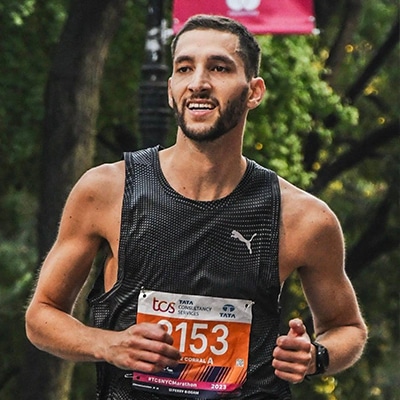
Clément LABORIEUX
Journalist
